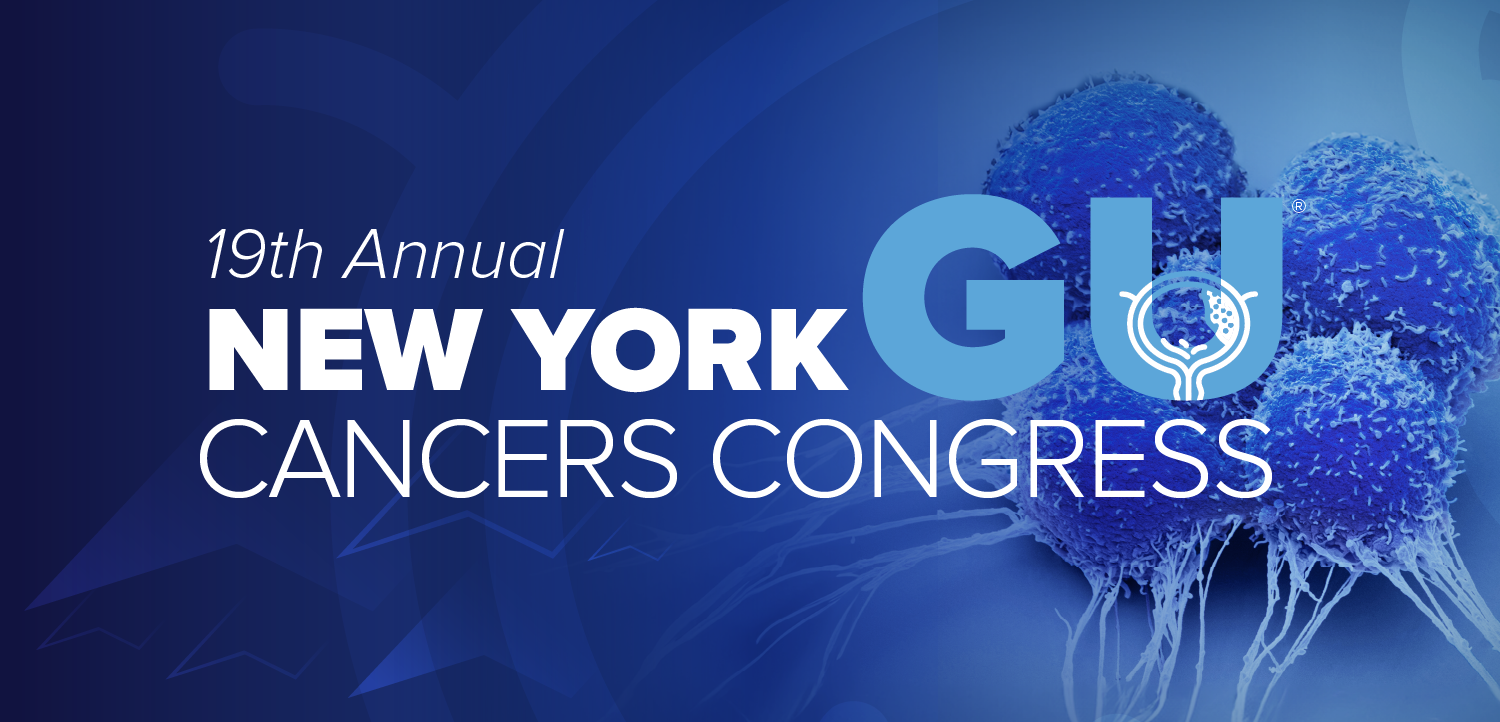
Screening Tool Helps Assess Breast Cancer Patients’ Anxiety Before Surgery
Using a simple questionnaire to assess anxiety in breast cancer patients before surgery may help alleviate patients’ fear and uncertainty, and improve outcomes.
Using a simple questionnaire to assess anxiety in breast cancer patients before surgery may help alleviate patients’ fear and uncertainty, and lead to improved outcomes, a recent study concluded.
In a prospective pilot study, researchers asked 102 women visiting a pre-operative testing unit prior to scheduled breast cancer surgery to complete a Visual Anxiety Scale (VAS) questionnaire, which quantifies anxiety relating to anesthesia, surgery, and recovery. Three-quarters of participants scored more than 4.5 on the 10-point scale, considered significant for anxiety. The
“Suboptimal management of anxiety is a potential concern that may lead to compromised physiologic, emotional, and psychological well-being,” the authors wrote. “The preoperative encounter may be an ideal time to identify factors, such as anxiety, affecting recovery.”
In the questionnaire, participants were asked to rate their anxiety level on a scale of 1-10 as it related to 10 potential areas of concern, such as waiting for the operation, postoperative pain, not knowing what is happening, or physical/mental harm after the operation. The numbers were then averaged to arrive at an overall score.
As a group, younger women age 18-34 reported the highest level of anxiety, scoring an average of 6.3 on the VAS, the study found. Women undergoing invasive surgery or mastectomy also scored higher on the scale than those anticipating non-invasive procedures or lumpectomy.
Nurses could potentially use the tool to address specific concerns indicated by a patient’s VAS score, researchers said. For example, if a woman scheduled for a mastectomy scores above 6, with particular areas of concern focused on waiting for the surgery and results, nurses might offer an anxiolytic and reassurances that she would be monitored during recovery.
Uncertainty, pain and loss of control are common concerns for women awaiting surgery, the authors said. Left unaddressed, those concerns can complicate recovery, causing increased pain, deferred immune response, higher pulmonary risks, and increased thrombus formation.
While nurses often ask about patient’s anxiety before surgery, the VAS is a more consistent and objective approach that facilitates communication between nurses and the rest of the healthcare team, the authors wrote. In addition, hospitals can use data from the questionnaires to measure change and the impact on practice over time.
“The oncology nurse fosters patient engagement and advocacy using evidence-based tools such as the preoperative anxiety VAS, allowing for early mitigation and optimum delivery of cancer care and treatment outcomes,” the authors concluded. “The VAS may normalize anxiety screening, improve the preoperative testing process, and suggest areas for future research.”
Newsletter
Stay up to date on recent advances in the multidisciplinary approach to cancer.
Related Content




Molecular Interception: Discussing the Future of Surgery in Breast Cancer


















































